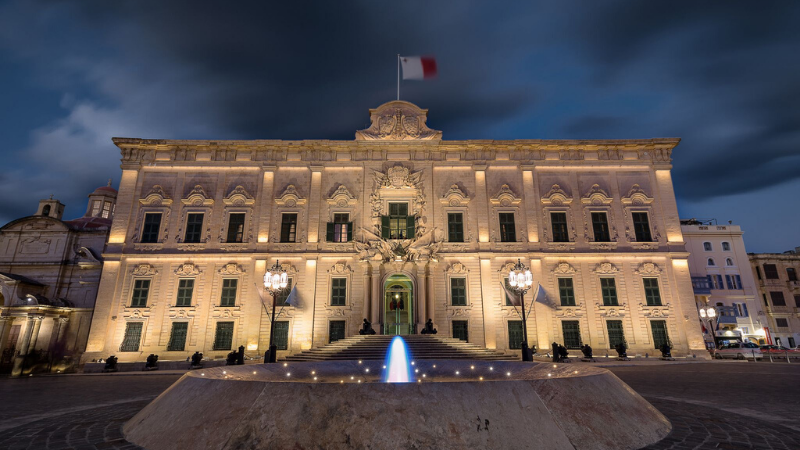Malta’s employers are demanding full disclosure when it comes to the persons of trust employed by the government including the publication of their contracts, remuneration and full packages.
The Malta Employers Association is also proposing periodic independent audits of persons of trust to assess the amount of time actually spent at work, their work activities and the results they have achieved.
The employers’ representative body is also calling for a capping on the number of people in positions of trust.
The MEA was reacting to the results of last week’s EU Eurobarometer survey on corruption, which showed that 92% of Maltese feel that corruption has become widespread.
An additional survey reported by The Shift on Saturday focussed specifically on the business community, which raised its own set of concerns.
It showed how 84% of Malta’s businesses see favouritism and corruption as hampering competition, 64% see bribery and the leveraging of connections as the easiest way to obtain public services, and 35% feel the only way to succeed in business is to have political connections.
It also showed how 31% of Maltese businesses felt that corruption had prevented them from winning a public tender over the last three years.
Conflicts of interest when it comes to the evaluation of public procurement bids were listed by 68% of respondents as the major problem with public tenders.
That was followed by the involvement of bidders in the design of specifications (63%), collusive bidding (61%), the abuse of emergency grounds to justify the use of noncompetitive or fast track procedures (56%), the use of negotiated procedures – i.e. direct orders – (48%) and amendments being made to the terms of contracts after they are awarded (47%).
“Parameters for public procurement through direct orders should be respected and enforced,” the MEA stressed in a statement this morning.
Along such lines, the MEA proposed that all contracts signed by the government with third parties should be made public within three months from the date of signing and that binding agreements with entities whose ultimate beneficiaries are unknown should be precluded from the public procurement sphere.
Bringing politicians to their senses
“Although these proposals are fundamental, there is nothing controversial about them,” the MEA said. It explained that although these issues have been raised at the Malta Council for Economic and Social Development in the past, “they need constant re-enforcement by the social partners to bring our politicians to their senses.”
The survey’s findings, according to the MEA “are shocking, but not surprising”.
“For years, the Association has been saying that the situation has been deteriorating, but there is an unwillingness to tackle the issues concretely. We are now living in an environment where 87% of Maltese believe that corruption is part of the country’s business culture, and 79% see bribery and abuse of power as being rampant.
“It does not take Eurobarometer to conclude that many businesses believe that they can only succeed
if they have the right political connections, with a majority stating that we have an issue with nepotism and patronage.”
The survey’s findings, according to the MEA, reveal there is no level playing field between businesses and that, rather, “we are sliding down a dangerous path that leads to equating entrepreneurship with opportunism, and that the concept of business success is more dependent on political contacts than it is on creative vision and risk-taking.
“This does not bode well for both domestic and foreign direct investment, as more honest businesses will have to choose between either riding with the flow or seeking business opportunities elsewhere.”
When it comes to politics, the MEA said it is advocating for a leaner parliament with full-time and better-paid members, as well as making political parties will be exclusively state-funded and banning all private donations and door-to-door collections.
“Although these proposals are fundamental, there is nothing controversial about them,” the MEA said. “They should appeal to anyone who believes that sustainable businesses and the well-being of society
is dependent on a sound moral and ethical infrastructure to ensure that success and achievement are based on merit and hard work, rather than on political connections.”













This will never be given. The only conclusion that can be made is that these cost €1000 million every year, by omission of duty and commission from contracts.
Mob rule is the order of the day, dontcha know? The soundness of anyone’s argument is irrelevant unless they back it up with bags of oranges at voting time or, better yet, promises of some no-show government jobs.
then almost everyone’s employment contracts should end ahahahahah
Mafiamalta at its best. Pajjiz spiccut bis-sahha ta gvern korrott immexxi minn ftit hallelin u korrotti – miskin l-onest.